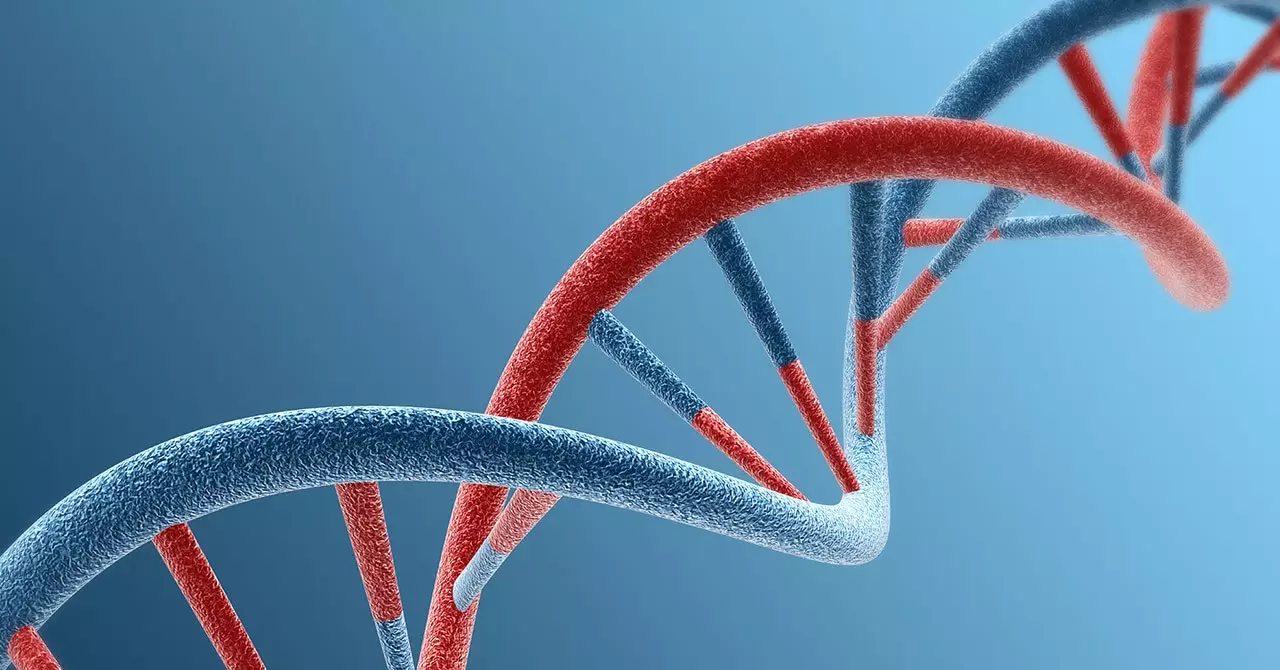The White House recently implemented new rules targeting companies involved in the manufacturing of synthetic DNA. The concern stems from the possibility that a pathogen created with genetic material ordered by mail could unintentionally or intentionally trigger a global pandemic. This issue has been a cause for alarm for years, prompting President Joe Biden to sign an executive order establishing standards for AI safety and security in biotechnology.
Synthetic DNA offers researchers a wide range of possibilities, from developing diagnostic tests to creating enzymes that break down plastic and engineering antibodies to combat diseases. The process of synthesizing DNA has been available for decades, but recent advancements in technology have made it more accessible, cost-effective, and rapid. This has led to the proliferation of companies producing and distributing synthetic nucleic acids worldwide.
Despite the benefits of synthetic DNA, there are inherent risks associated with its production. The ease of creating custom gene sequences, including sequences that do not exist in nature, raises concerns about the potential for misuse. There is a fear that individuals with malicious intent could utilize synthetic DNA to construct harmful viruses or pathogens. One example of this threat is the reconstruction of the extinct horsepox virus by Canadian researchers using mail-order DNA, indicating the possibility of similar actions with more dangerous pathogens like smallpox.
The newly introduced rules focus on preventing the misuse of synthetic DNA for harmful purposes. DNA manufacturers are now required to screen purchase orders for “sequences of concern” that could contribute to an organism’s toxicity or disease-causing abilities. This screening process also involves assessing the legitimacy of customers to prevent unauthorized individuals or organizations from obtaining potentially dangerous genetic sequences. While these rules currently apply only to federally funded scientists and companies, they mark a significant step towards regulating the industry and enhancing biosecurity measures.
Although many DNA providers already adhere to screening guidelines issued by the Department of Health and Human Services, not all companies comply with these voluntary measures. Approximately 80% of the industry has joined the International Gene Synthesis Consortium, which pledges to vet orders to prevent the misuse of synthetic DNA. However, the remaining companies that do not follow these guidelines pose a challenge to ensuring comprehensive oversight and biosecurity in DNA manufacturing.
The implementation of new rules for DNA manufacturing represents a crucial step in addressing the potential risks associated with synthetic DNA. By establishing screening protocols for genetic sequences and evaluating customer legitimacy, the government aims to prevent the unauthorized construction of dangerous pathogens. While these measures primarily impact federally funded entities, they contribute to advancing biosecurity standards in the rapidly evolving field of biotechnology. Continued efforts to promote compliance and regulation among DNA manufacturers are essential to safeguarding public health and preventing the misuse of synthetic DNA technologies.


Leave a Reply